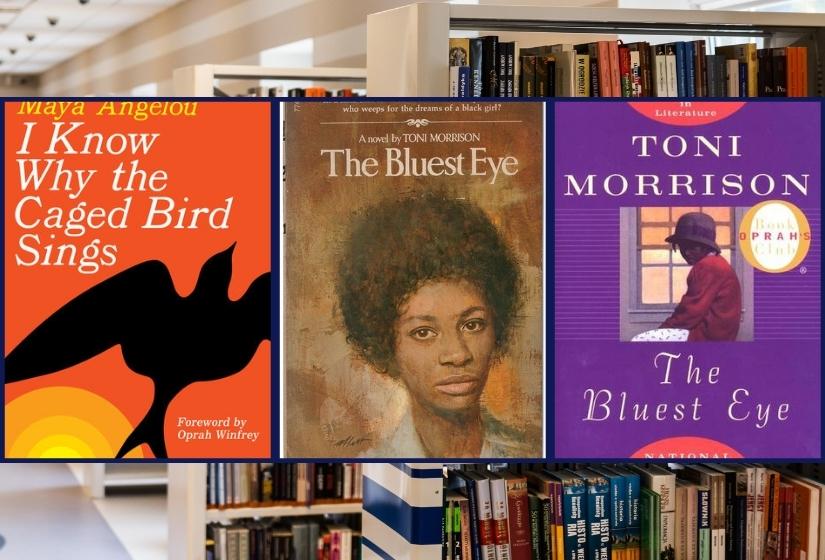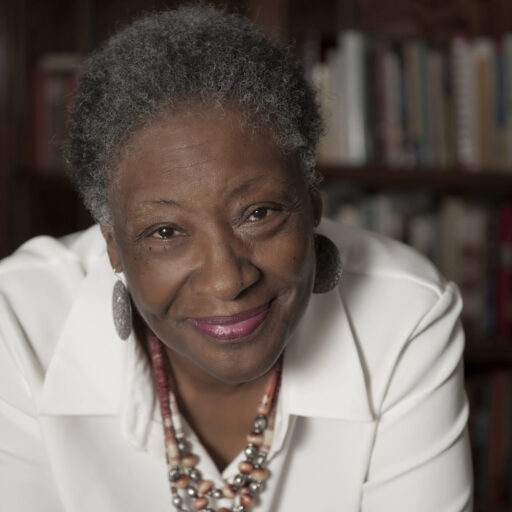
When I was a public-school student in Washington, D.C. the school library was a sacred space. Throughout my years in elementary, junior high, and high school, the school library was where I went to find myself in someone else’s story. It was a room where I could feel that ideas were as real as my breath, and that imagination was an element overflowing in the world. The library was where I went when I wanted to be quiet, alone with myself, make a decision, or have an adventure without leaving my neighborhood. The library was where I met people different from me, as brave as I hoped one day to be, characters both real and fictional who dramatized and helped me wrestle with subjects that adults often thought young people were too “young” to think or know about. Libraries and the books in them made me a humane human being.
I think a lot about that these days are we are witnessing an unprecedented wave of censorship and banning of certain types of books and ideas. Cancellation and banning have a long history in most societies, Countries, and cultures ban and cancel people all the time. The institution of slavery attempted to cancel the humanity of African-Americans, denying women and African Americans, and Native Americans the right to vote canceled their ability to participate in democracy. During the McCarthy era, anyone who had been a member of the Communist Party or even socialized with members of the Communist Party could be jailed or lose their job.
So, banning ideas and canceling thoughts is nothing new in America. But as a writer and literary activist, a citizen, I am deeply concerned. The current paroxysm of backlash against the presentation of the lives and experiences of Black and LGBTQ people in books for young people has nothing to do with books and everything to do with fear, the inevitability of change, and perceived loss of cultural and political power. A tiny minority of activists around the country have highjacked thought and imagination. They have also highjacked the legislative process, school boards, and public discourse.
However, the vast majority of Americans think books should not be banned from schools for discussing race, slavery, or political ideas they disagree with.
A nationally representative survey from CBS News and YouGov that polled U.S. adults in mid-February found that 85% of Americans do not think books should be banned from schools if they contain political ideas they disagree with. Similarly, 87% do not support banning books containing discussions of race or slavery. And 83% don’t think books should be banned for criticizing people and events in U.S. history either.
The current loss of respect for imagination and expansive thought is evident in progressive circles too.
The backlash against Emmett Till: A New American Opera that recently premiered at John Jay College in New York is just as dangerous as right-wing censorship. The opera is written by Clare Coss, a White playwright who collaborated with Mary D. Watkins, an African American librettist. Because the opera centers on a White female character who represents and symbolizes the long sordid history of White silence in the face of racist murders that compromise and often involved and make complicity the entire White community, The Black Opera Alliance denounced the opera and organized a Twitter campaign to try to cancel its premier.
As a reader who loves bold stories and brace, I have hungered for many years for narratives in which Whites wrestle with the legacy of systemic racism, stories in which White characters reveal how they are enslaved by racism, and made deaf dumb, and blind to not just Black humanity but their own. We have too few stories like that on stage or screen or in books. The death of Emmet Till is an American tragedy, not a Black tragedy. Twelve thousand people signed a petition to censor the right of Clare Coss to work as an artist and do what artists do-go into the danger zone, challenge the conventional wisdom, revise and enlarge notions of how large our hearts can be.
The work of artists is always under siege, always in danger. And truth be told some as many Black parents don’t want their children to read The Color Purple, or Black Boy as White parents. Books from the Bible to Harry Potter have been banned at various times and in various places. I don’t believe in banning books. In this fraught political moment perhaps the most revolutionary thing we can do is buy a book and read it.

Marita Golden is the author of over 20 works of fiction and nonfiction. She is Co-founder and President Emerita of the Zora Neale Hurston/ Richard Wright Foundation. As a teacher of writing, she has served as a member of the faculties of the MFA Graduate Creative Writing Programs at George Mason University and Virginia Commonwealth University and served as a Distinguished Visiting Writer in the MA Creative Writing Program at John Hopkins University, and at the University of the District of Columbia. She has taught writing workshops nationally and internationally to a variety of constituencies and is a writing coach, workshop presenter, and literary consultant.


